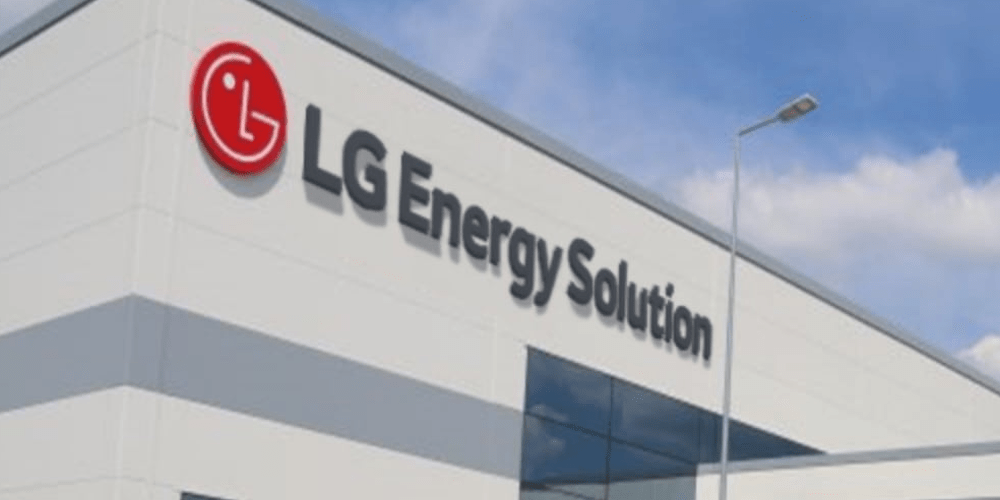South Korean battery manufacturer, LG Energy Solution (LGES), is undergoing leadership changes as it embarks on the second phase of its battery expansion strategy. The company has revealed that the current CEO, Kwon Young-soo, will step down next year, passing the baton to President Kim Dong-Myung.
In an official statement, LG Energy Solution expressed confidence in Kim Dong-myung’s leadership abilities, citing his proven track record in the battery industry and entrepreneurial success. Kim is set to lead LG Energy Solution 2.0, accompanied by several new appointments, including Choi Seung-dun, the Head of Automotive Battery Research and Development, who has been named Vice President of LGES. Additionally, the battery supplier has promoted four new senior managing directors and 18 managing directors.
Kwon Young-soo, who assumed the role of LGES CEO in 2021, played a pivotal role in the company’s successful stock debut last year, propelling it to become South Korea’s second-largest company by market capitalization. Under his leadership, LGES formed strategic joint ventures with global automakers such as General Motors, Stellantis, and Toyota. Reports indicate that LGES currently holds an order backlog estimated at 500 trillion won ($384.9 billion).
Kim Dong-myung takes on the CEO role during what Kwon Young-soo describes as a crucial juncture in the global battery industry. Kwon anticipates significant developments in the sector in the coming year and emphasizes the need for dynamic leadership to navigate the evolving competitive landscape.
In contrast to the previous year, LGES has promoted a smaller number of executives in 2023, citing challenging market conditions and reduced demand for electric vehicles. The decision aligns with broader industry trends, where both battery suppliers and legacy automakers have adjusted their investment strategies in response to evolving market dynamics. LGES, along with SK On, has implemented workforce reductions in North America, reflecting a broader reevaluation of electric vehicle investment plans in the face of shifting industry priorities.







